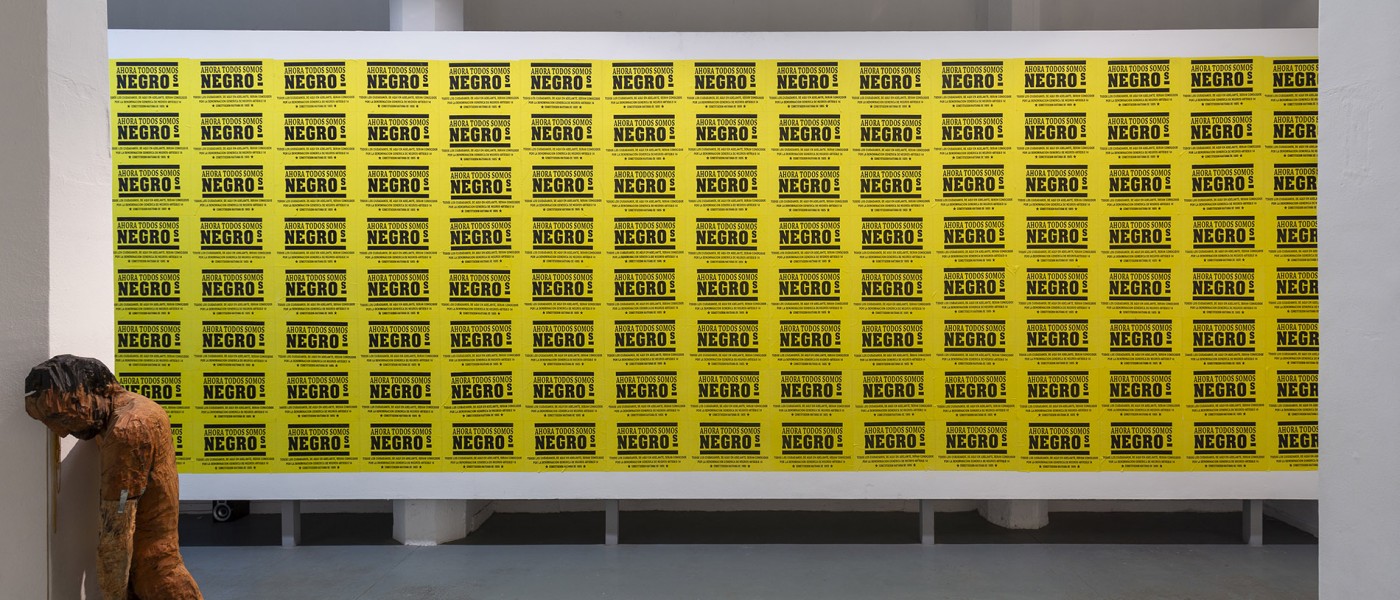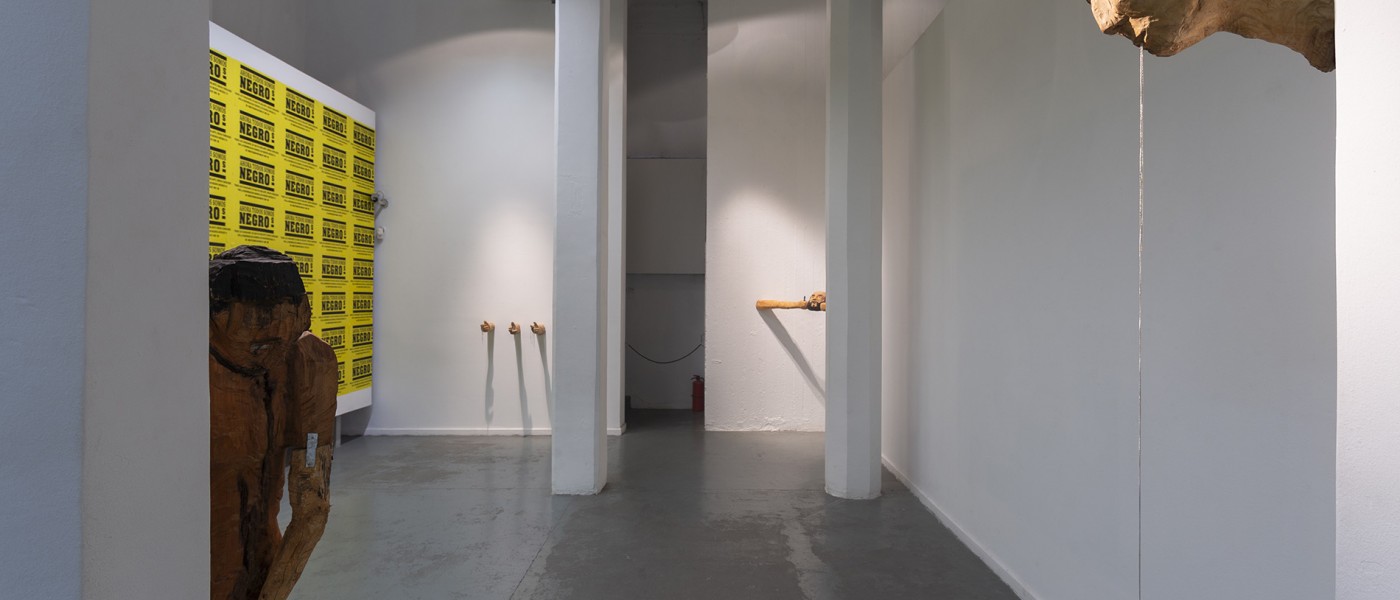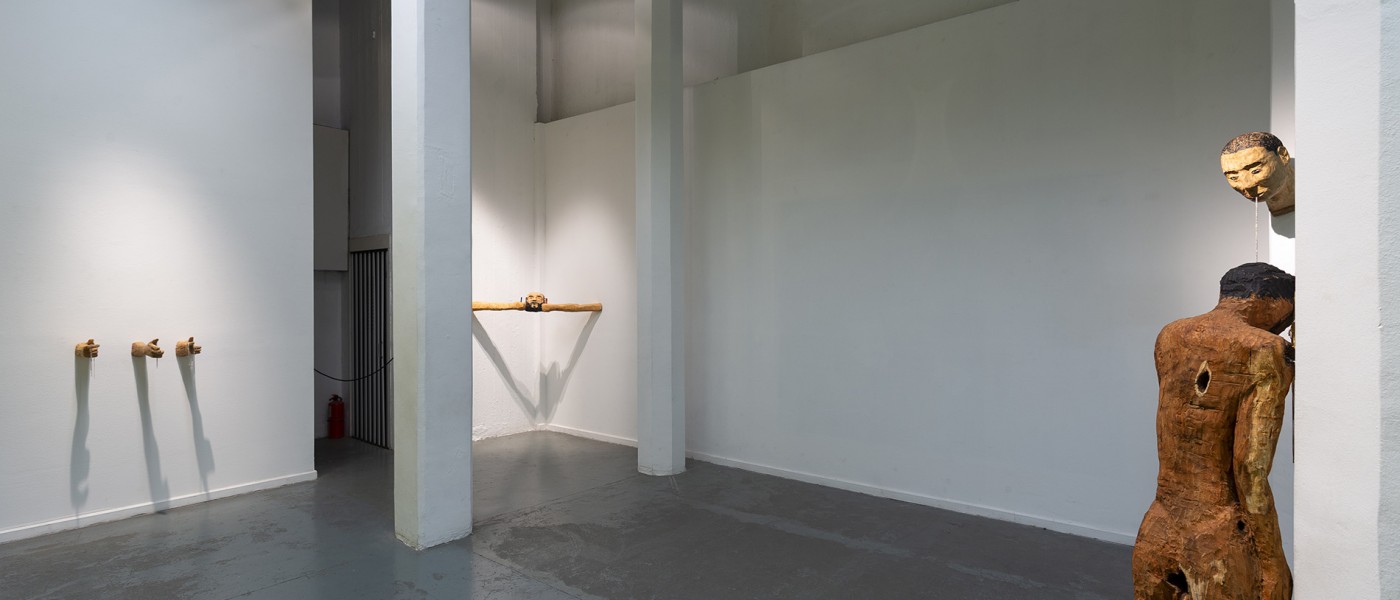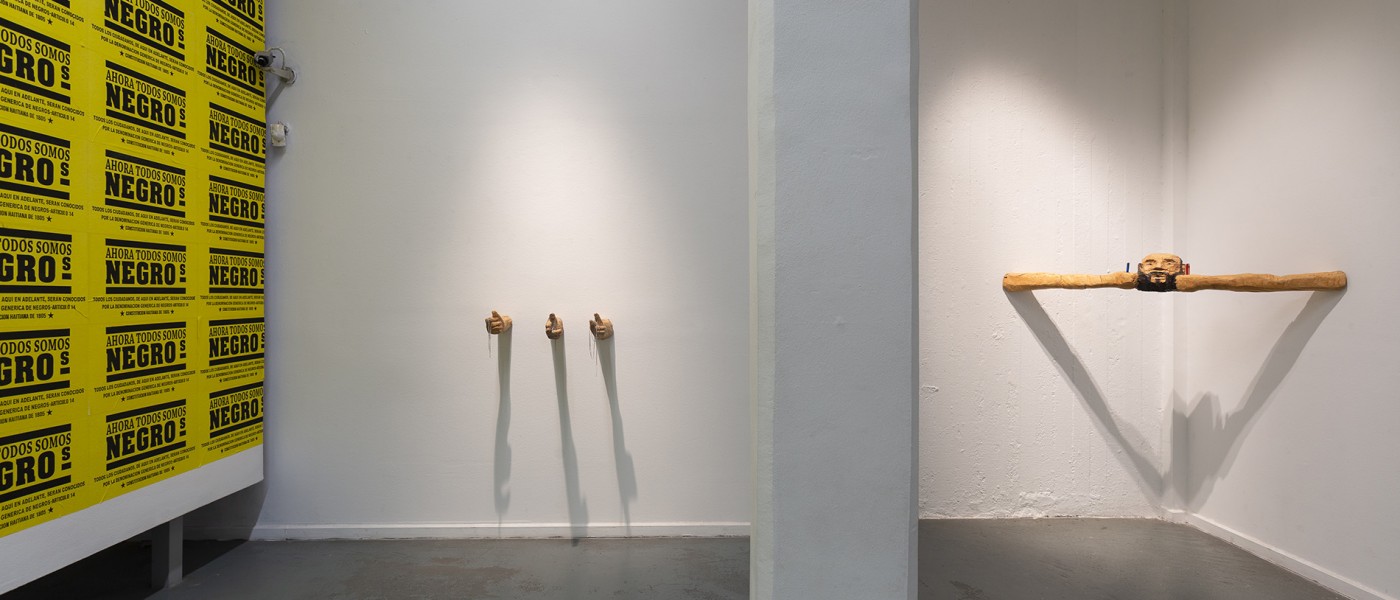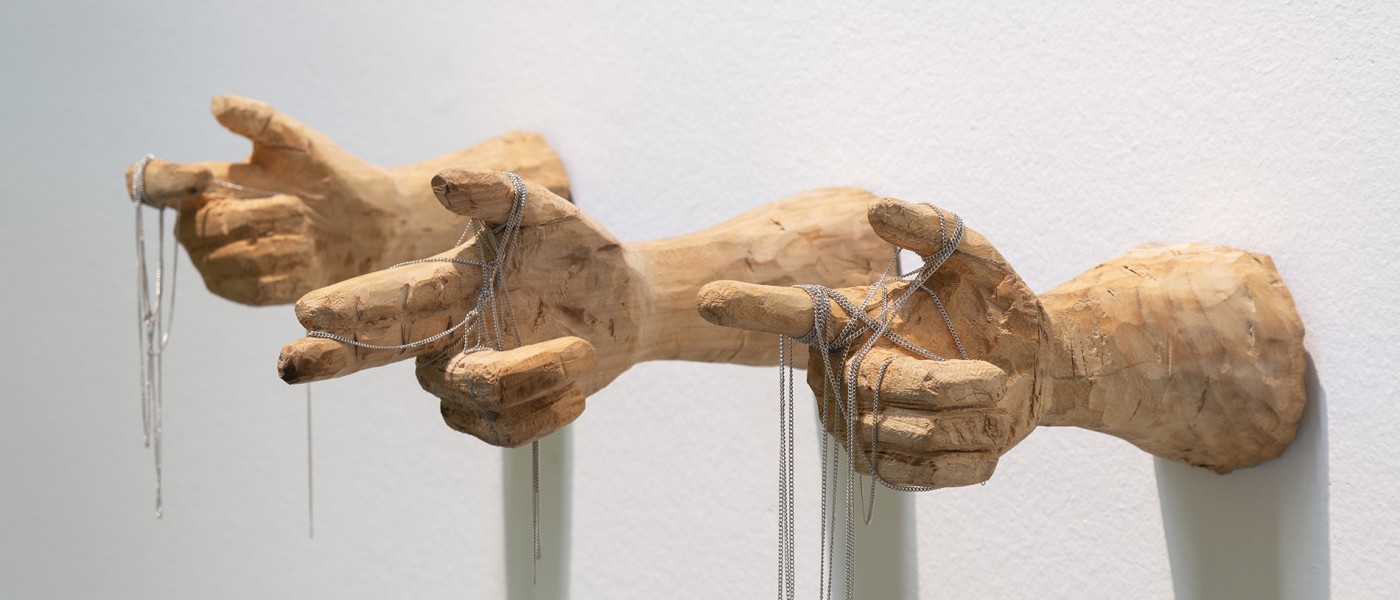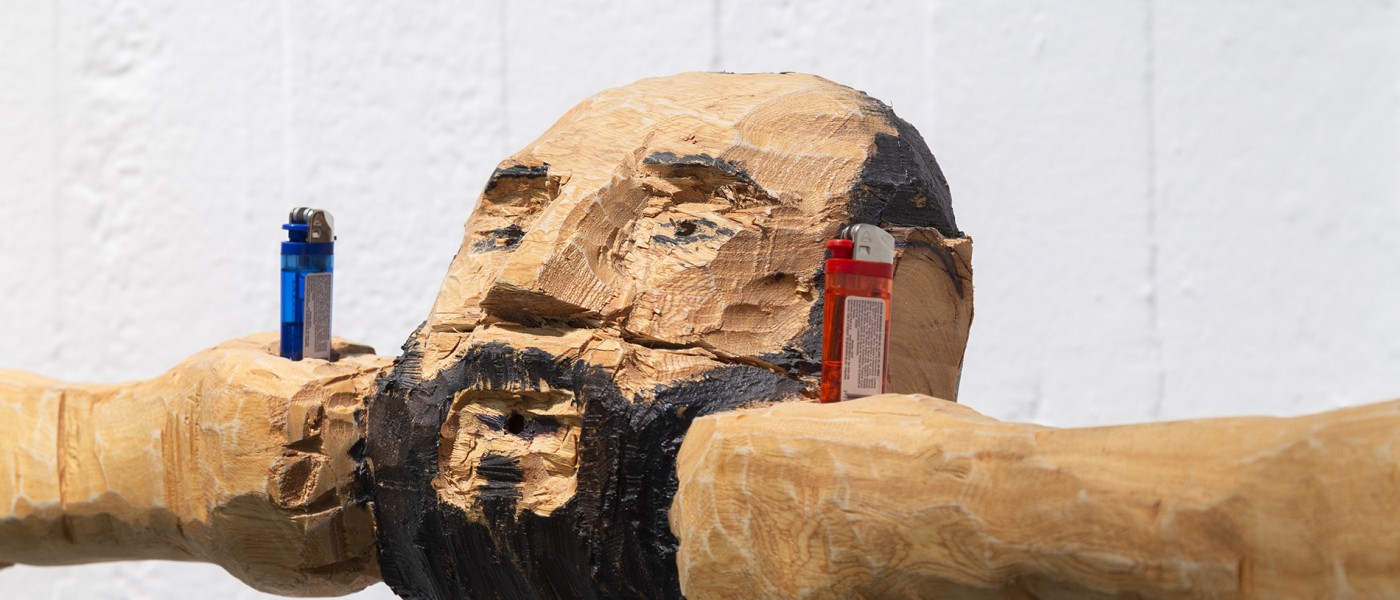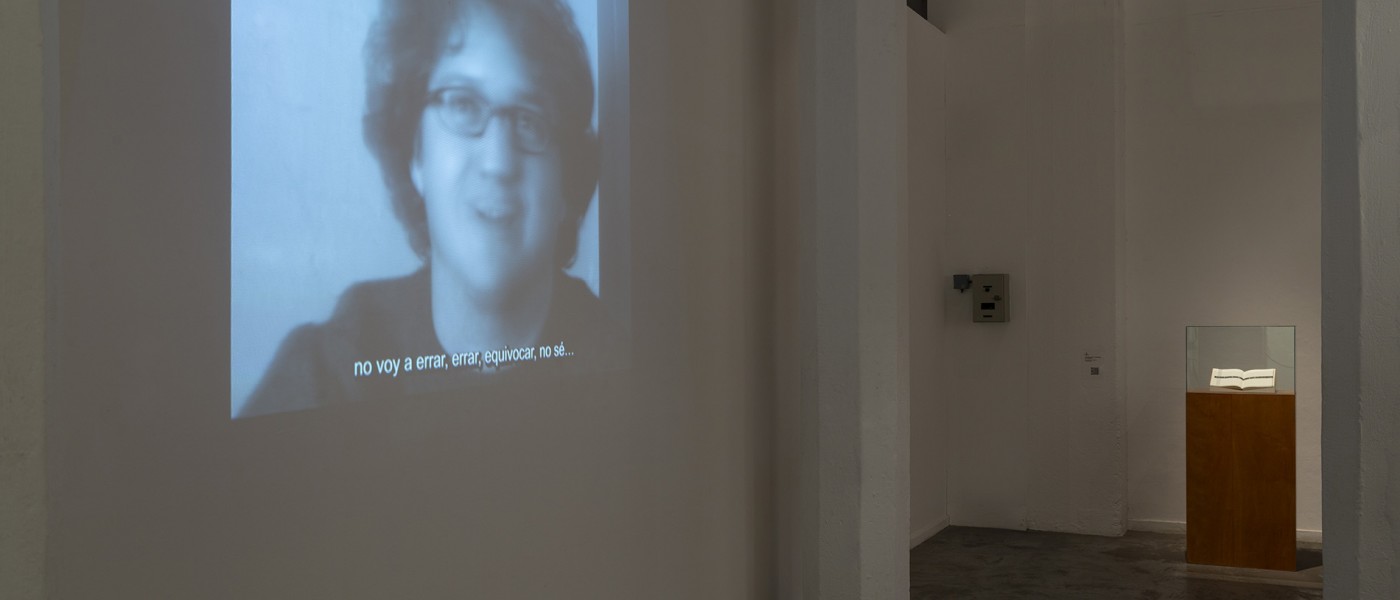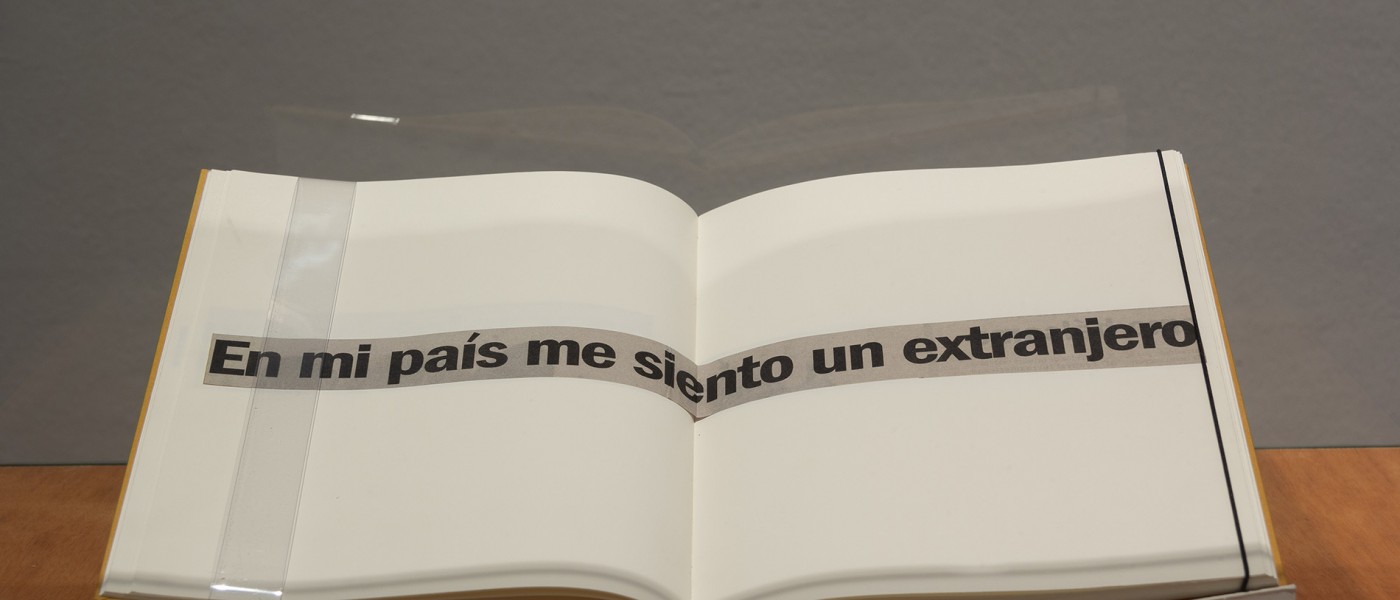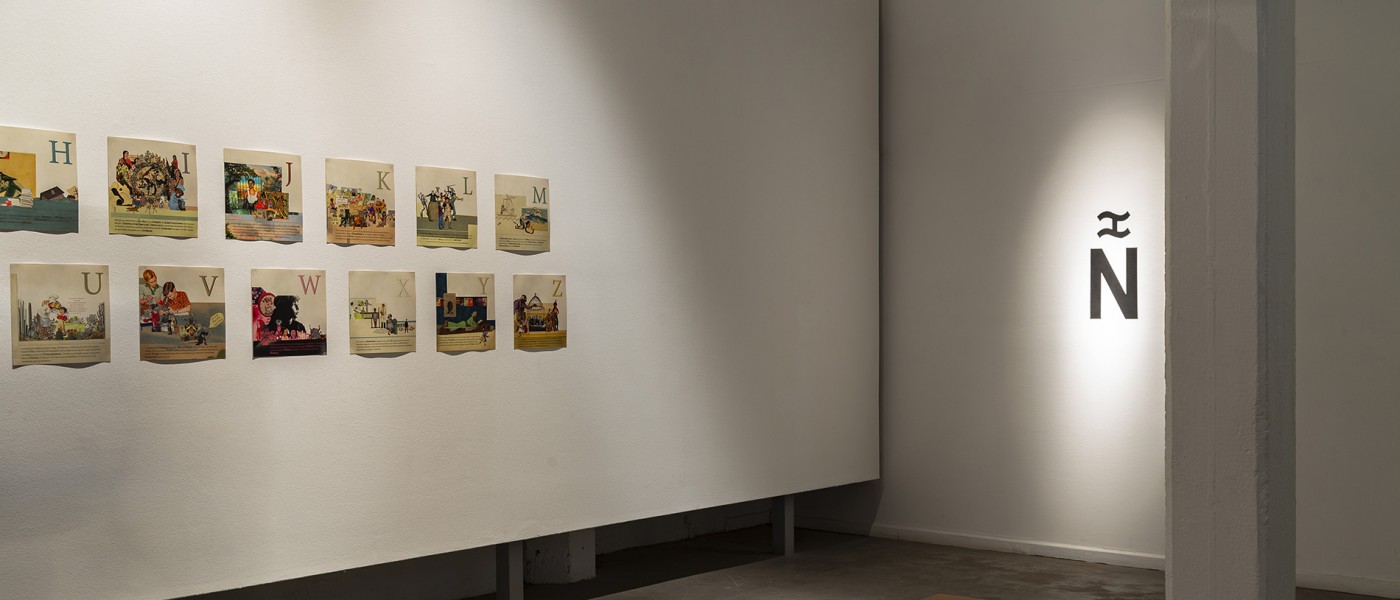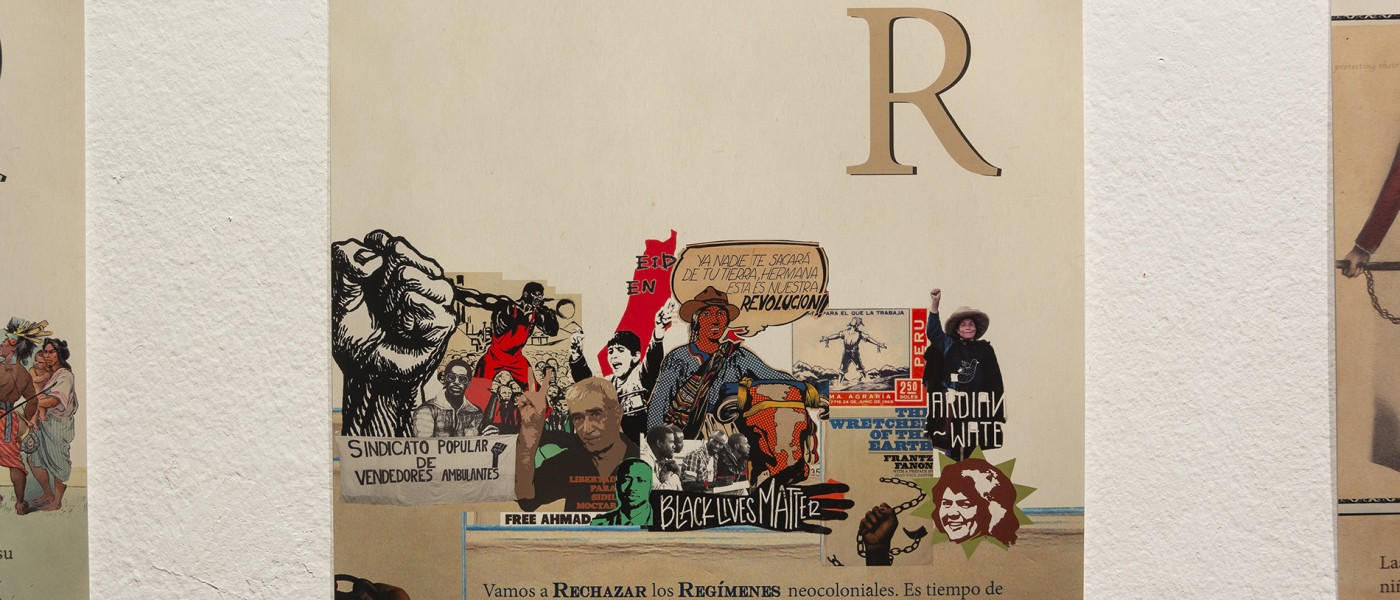Opening: Friday August 25th 8pm
If the dictionary as a book and an object contains and, most importantly, semantically defines all the words of a language, where are the words whose meanings did not conform to the rigorous definition or the rules of conjugation, but remain strongly attached to the usages of the language? The question seeks to establish an etymology, not so much as a radical origin, but as a state of change, transformation and endemic mutation in which words exist. Given this state of the language, the exhibition acknowledges a universe of meanings housed in another dictionary: the hidden and invisible, the subterranean, the odd one. This dictionary that does not present an analytical and perennial structure in an order from A to Z, but rather develops in the form of a borderless, formless gas that spreads out, at times concentrating and, on other occasions, dissipating to the point of forgetting past meanings. By using this open and changing structure, some of the systems inhabiting the ideology of language are presented here. They operate on some words, leading them to be banned or, what is worse, self-censored by a social mutism spread like a sweet perfume. On the other hand, the word 'negro' is presented as a political proposition of its historical root, that is to say, in a chain of events that make the euphemisms 'dark-skinned,' 'swarthy,' 'mulatto' occupy the place of a synonym that merely emphasizes its presence. Another state of the performativity of spoken language is that, just like still water that slides and settles wherever it flows, it changes much more rapidly than writing. Thus, the spoken language blurs political borders and its blend is a tool for bonding, communication and the construction of its own codes. Portuguese is the border language of Latin America, with as many variants as the number of people who speak it. It is a language of ties that rewrites the dictionary of morality, in order to reopen the wound left by words on spoken bodies.
Image: Federico Cantini, Sin título

